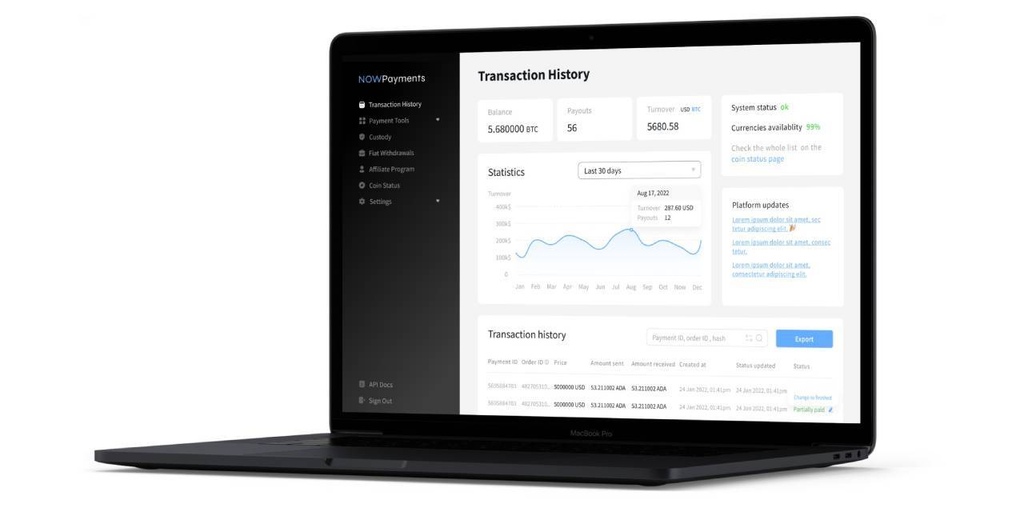The filing shows Collins purchased SKI tokens worth between $1,001 and $15,000 across three transactions from December 1 to December 3, 2024. This period coincided with a dramatic surge in SKI’s price, drawing attention to the congressman’s timing and interest in cryptocurrencies.
SKI Token: From Obscurity to SpotlightLaunched in May 2024, the SKI token initially traded below $0.01 but gained traction after the U.S. midterm elections on November 5, 2024. By December 5, the token hit an all-time high of $0.35 before stabilizing at around $0.25. Collins’ purchases were made during this upward trend, a period marked by heightened market activity and speculation about SKI’s potential listing on major exchanges.
Representative Mike Collins’ financial report reveals investment in Ski Mask Dog token. Source: US House of Representatives
Blockchain analytics firm Lookonchain noted that Collins’ acquisition occurred during a broader cryptocurrency rally, signaling renewed investor optimism. Market observers have pointed to whale activity and speculative interest as key drivers of SKI’s growth.
Expanding a Crypto PortfolioCollins’ SKI token disclosure adds to an already diverse cryptocurrency portfolio, which includes holdings in Ether (ETH), Velodrome (VELO), Aerodrome Finance (AERO), and The Graph (GRT). While his investments reflect the growing interest in the altcoin market, they have also raised discussions on transparency and ethical considerations regarding crypto trading by public officials.
Mike Collins’ financial report reveals investment in several cryptocurrencies. Source: US House of Representatives
Under the Stock Act, U.S. lawmakers are required to disclose stock and cryptocurrency transactions within 45 days. However, critics have questioned the potential conflict of interest, especially with the strategic timing of Collins’ transactions.
Cryptocurrencies in the Legislative SpotlightCollins is one of the few lawmakers to disclose cryptocurrency investments, a list that also includes Senators Ted Cruz and Cynthia Lummis. Collins does not have a legislative agenda focused on digital assets, but he has co-sponsored crypto-friendly legislation, including the Financial Innovation and Technology for the 21st Century (FIT21) Act.
This Act will create more specific regulatory frameworks for cryptocurrencies and is an effort to balance the protection of investors with innovation. Collins’ support of such measures aligns with his advocacy for financial innovation, yet questions remain about how personal investments influence policy decisions.
Calls for Greater TransparencyThe disclosure of the Collins SKI investment has ignited more debate on whether the STOCK Act goes far enough. Senators from both major parties in July 2024 filed proposed legislation to go further in blocking stock and cryptocurrency trading by members of Congress. Supporters argue it is the only way to avoid conflicts of interest and sustain the public’s faith in government.
The current framework allows for speculation about whether lawmakers are acting in the best interests of their constituents or their own, a political analyst said. The new session of Congress may revisit these proposals, particularly as digital assets continue to grow in prominence.
When Politics Meets Crypto: The Broader Impact of Collins’ MovesCollins’ investment in SKI also underscores the influence of high-profile figures on cryptocurrency markets. Speculation about SKI’s potential listing on Binance and bullish technical analysis further amplified its market activity.
While Collins’ actions highlight the increasing adoption of digital assets among public figures, they also raise important questions about transparency, regulation, and the evolving role of cryptocurrencies in financial markets and governance.
As the 119th session of Congress unfolds, the intersection of crypto investments and public office will likely remain a focal point of legislative and public scrutiny.




















